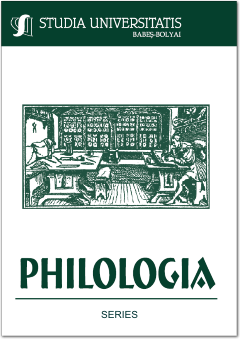LA VÉRITÉ NÉGOCIÉE DANS L’OEUVRE D’IBSEN
NEGOTIATING TRUTH IN THE WORKS OF IBSEN
Author(s): Anca-Raluca SocaciSubject(s): Language and Literature Studies, Studies of Literature, Other Language Literature
Published by: Studia Universitatis Babes-Bolyai
Keywords: Ibsen; truth; heredity; symptom; anamnesis; medical; social; diagnosis; negotiation;
Summary/Abstract: Negotiating truth in the works of Ibsen. Truth can be regarded as a complex, often multi-faceted notion in the literary universe of Henrik Ibsen. The aim of this paper is to demonstrate the discursive (as well as fictional) nature of truth in Wild duck and Ghosts, presenting it as a consequence of social negotiation. I hypothesize that the perishing bodies of Hedvig and Osvald respectively illustrate not only a typical 19th Century fascination for heredity, but also symptoms of hidden truths, widely considered as vicious in the mostly rural, traditional Norway that Ibsen frequently depicts. Being the reincarnations of their respective fathers and therefore bringing forward their vitalist heritage, the two children are the objects of a double anamnesis (made by both the reader and the other characters) – medical and social. The two are connected by the hereditary and degenerative nature of their illness, which implies that finding the cause will undoubtedly reveal a vice that has been transmitted in family. In effect, Hedvig’s blindness connects her to her real father, while Osvald’s syphilis is a sign of his father’s debauchery. Even though these facts – eventually released into the community – could provoke a greater debate about moral values and their limits or question authority, they are instead integrated into various discourses and fictions that negate or dissimulate the realities they present, therefore preserving the statu-quo.
Journal: Studia Universitatis Babes-Bolyai - Philologia
- Issue Year: 65/2020
- Issue No: 3
- Page Range: 211-224
- Page Count: 14
- Language: French

